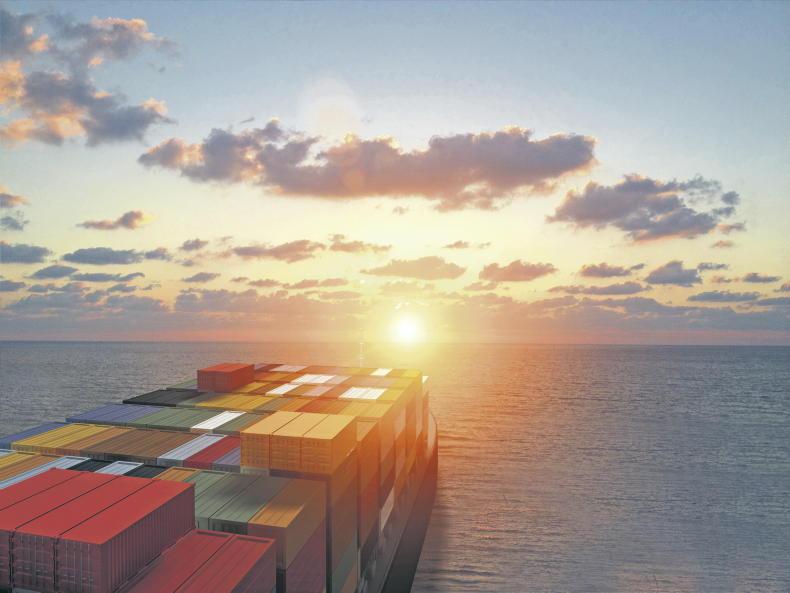After 20 years of horse-trading between the EU and Mercosur countries, attention now turns to the conditions attached to the deal. This is where EU and Irish farmers will get a chance to defend their livelihood, with the newly elected Green-leaning European Parliament offering the best chance to oppose apparent double standards on environmental requirements.
According to the UN’s Food and Agriculture Organisation, greenhouse gas emissions from South American beef are 3.3 times higher than those from European beef. The gap is wider with Brazil, the region’s beef export powerhouse.
European chicken is also more carbon-efficient than South American chicken.
As EU beef farmers face drastic climate targets during the period the Mercosur deal will enter into force, there will be a strong argument to demand that imports achieve the same verifiable, improving carbon footprint as EU products.
The European Commission’s commitment that Mercosur meat must comply with EU food safety and sanitary standards will be tested. Partners in trade agreements traditionally recognise each other’s checks as equivalent, but “we don’t trust those countries” following a string of scandals and failed audits in Brazil, said Jean-Pierre Fleury, beef chair of the EU farm organisation Copa-Cogeca.
“At a time when the European Commission’s veterinary service is not yet ready to return to Brazil to follow-up on controls, we are signing a sanitary and phytosanitary agreement that will not be respected.”









SHARING OPTIONS